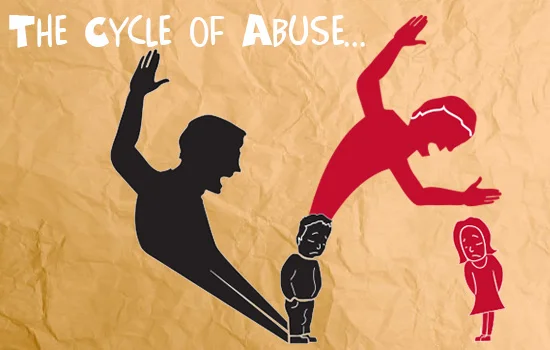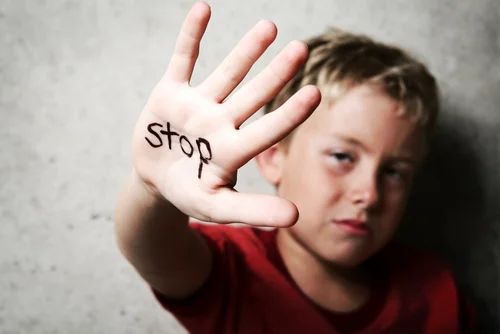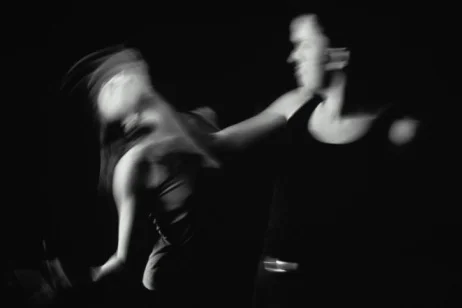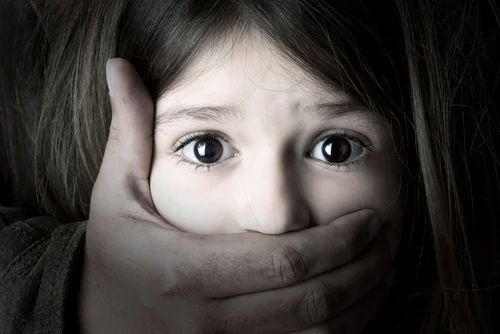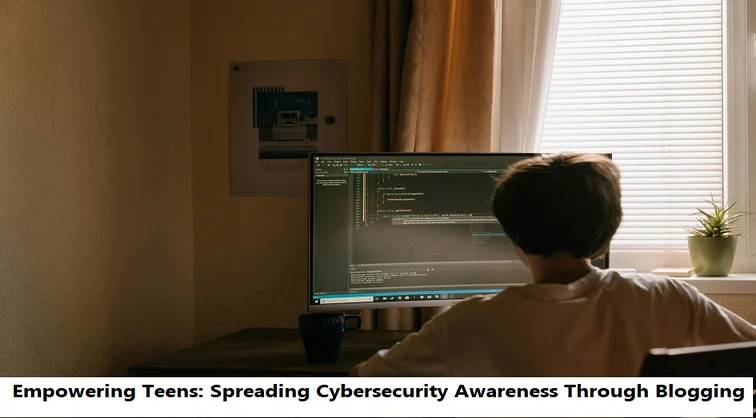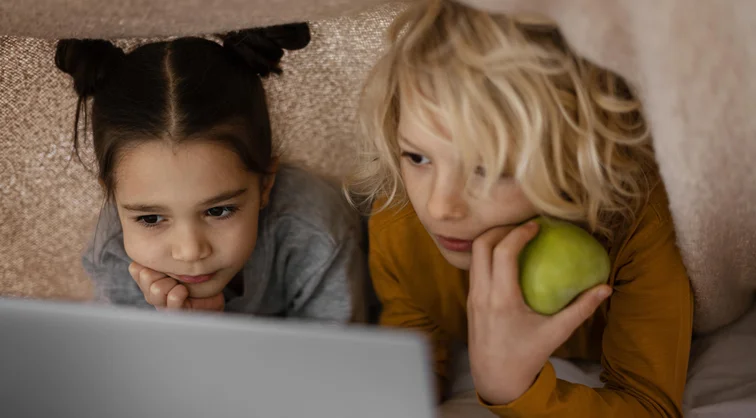+1 845 259 2974 (11 a.m to 7 p.m CST)
Parental abuse lies far beyond the bruises and cuts
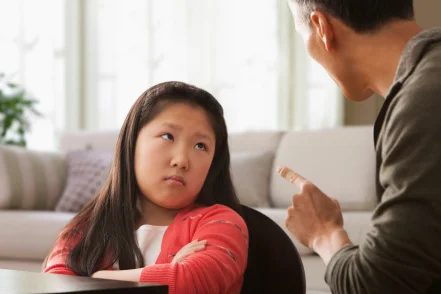
What do we owe our tormentors? It’s fair to ask this question from people who have been through years of neglect and deprivation, or of psychological, physical, and sexual abuse at the hands of one or both parents. Many people pick themselves up, dust their beings and make out successfully and build satisfying lives. Some are not so fortunate. Those who are not able to get over these battle scars often tend to accept violence as a norm in their homes and relationships with others. Parents bear the responsibility of molding their teens in a way that is acceptable in society. Consciously or unconsciously, children take their parents as their role models and follow in their footsteps.
Facts and figures
Adolescence is a sensitive period in a person’s life. Experiences that one has been through and practices that they have witnessed or have been a part of, have a huge impact on the rest of their life. If a child is subjected to abuse of any kind on a frequent basis, it is inevitable that later on in life these experiences will come to play. Very often children are acquainted with or know their tormentor very well. In several cases it has been seen that it is the parents who are abusing their kids.
Parents abusing their children do not understand how deep down they are scarring their children. The damage goes much further than the bruises and cuts. It handicaps the victim emotionally for the rest of his or her life, impairing him or her socially. A lot of people do overcome their childhood problems but it is a researched observation that children who have witnessed or subjected to domestic violence are four times more likely to get arrested in the future and eight times more likely to commit suicide. These stats strongly suggest those children or those who have grown up but were once victims of abuse tend to adopt the behavior patterns of their tormentor.
The suicide of Rebecca Sedwick
Rebecca Sedwick, a 12-year-old from Florida, jumped from the third storey of a cement plant last month, killing herself. Verbally, physically and cyber bullied for more than a year and a half, Rebecca found no other way to get rid of it other than committing suicide. A day after her suicide, one of her alleged tormentors and classmate Katelyn Roman updated her Facebook status saying that she admitted Rebecca had committed suicide because of bullying but did not give a reason or show remorse over the victim’s death. The arrest of another alleged bully, 14-year-old Guadelupe Shaw, has revealed something very disturbing.
Abusive parents
Grady Judd, the Polk County sheriff who had arrested these two girls earlier this month for the suicide of Rebecca Sedwick was ‘astounded’ to find that one of the convicts, Guadelupe Shaw, was a victim of abuse herself by none other than her mother, Vivian Lee Vosburg.
A video clip on Facebook shows Vosburg striking two of her children with a closed fist. She hits one of them repeatedly as well as verbally abusing them. This violent behavior patterns had been a part of Vosburg’s daughter’s life for a very long time and she had learned to use violence at school just like her mom did to her.
Behavioral patterns of children
There is a huge likelihood that abused children become abusers themselves in the future. Here are some reasons why:
Role change
Sometimes when older children are forced to take charge of their own and their younger siblings’ care, their moral development does not happen in the same way a normal child’s would. They consciously or unconsciously begin to ‘own’ their parents’ behavior patterns. They are not exposed to an average kid’s childhood experience and thus develop emotionally different from others.
Aggression
Many children who act out in school come from homes where domestic violence is common. They are just acting out what they have learnt i.e., their parents’ behavior. Their aggression is often directed towards weaker schoolmates, siblings, animals and even their parents leading to serious consequences like patricide and matricide.
Running away
Sometimes the only solution children can find to their problems is running away from home. Giving up on their family and home seems the best option to them.
Withdrawn behavior
Social awkwardness is common in children who come from violent homes. They rely on their silence to keep their family troubles a secret. They avoid interaction with other people thinking that if they talk, they are going to give away the secret that their parents are abusing them.
Faulty thinking
Children with abusive parents don’t have an idea what a ‘normal’ childhood is. They have a high degree of tolerance for abusive and destructive behavior but stop themselves from trusting anyone. Victims of low self-esteem, they seldom get into intimate relationships. If their mental instability is left undiscovered and untreated, they tend to raise their children the same way they have been brought up.



